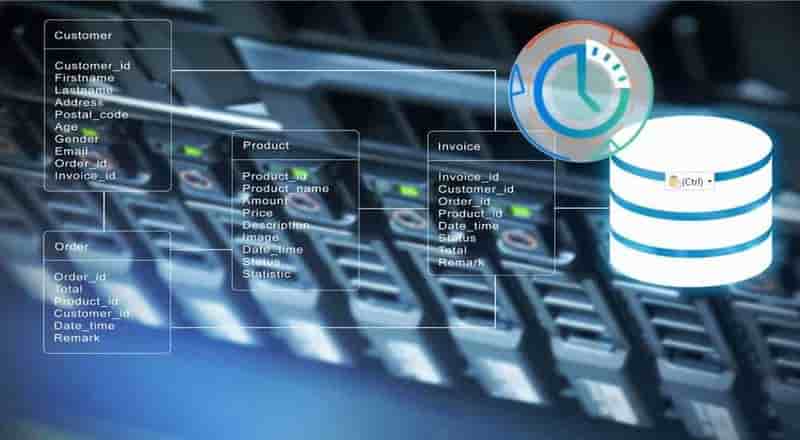Theoretical:
Public and personal Cloud are the 2 commonest terminologies floating around during this new IT buzz called Cloud Computing. there’s no denying that the utilization of Cloud is on the increase . Though it boasts variety of benefits there are certain concerns that are hampering its adoption. during this whitepaper we’ve discussed about the varied sorts of Clouds available to your disposal and why do you have to select one. we’ve also discussed about the key concerns of cloud adoption and the way you’ll minimize the risks.
Types of Cloud:
There are three sorts of cloud available: Public Cloud, Private Cloud and Hybrid Cloud. In public cloud computing, what we hear foremost, is where Amazon EC2, Microsoft Azure, and Google Apps come to mind. But whether it’s the appropriate replica depends on the severity of your application and the company’s infrastructure requirements. It’s going to work for a few of your computing needs, but if you are feeling easier to possess your computing resources inside your own firewalls, then a private cloud is the right answer. That is what enterprises tend towards once they have an outsized user base, and they are concerned about the info, security and latency.
Let us now check out each of those clouds one by one:
Public Cloud – the seller hosts the infrastructure in his remote own location and therefore the customer has no access, visibility or control of it. it’s shared by multiple organizations. It definitely reduces the overhead of infrastructure management but at the value of control.
Private Cloud – it’s owned by one organization and isn’t shared by anyone else. They’re dedicated resources and should be hosted on-premise or off-premise during a third-party vendor location. Though it gives you an impact over the resources, it leaves you with an overhead to manage it.
Hybrid Cloud – A Hybrid Cloud may be a combination of personal and Public. Such as, when a corporation uses a personal Cloud for secure applications and a Public Cloud during peak load, the usage is named a Hybrid Cloud. Though a Hybrid Cloud gives you the simplest of both services, you’ve got to make a decision between a Public or Private cloud for the bottom of your operations.
Public Cloud Interfaces Public cloud offers virtualized resources as a service, enabling the deployment of the whole IT infrastructure without the associated capital costs, paying just for the used capacity. Amazon EC2, Microsoft Azure, ElasticHosts, GoGrid, iWeb and Rackspace, Oracle, Alibaba are samples of commercial cloud providers of elastic capacity. They also offer a public interface for remote management of virtualized server instances within their proprietary infrastructure.
When you want to make a strong Oracle DBA career then you should be aware of database services and other database technology. Without having knowledge of Oracle internals, Oracle performance tuning, and skill of Oracle database troubleshooting you can’t be an Oracle DBA expert.
This expert DBA Team club blog always provides you latest technology news and database news to keep yourself up to date. You should need to be aware of Cloud database technology like DBaaS. All Oracle DBA tips are available in a single unique resource at our orageek. Meanwhile, we are also providing some sql tutorials for Oracle DBA. This is the part of Dbametrix Group and you would enjoy more advanced topics from our partner resource.






